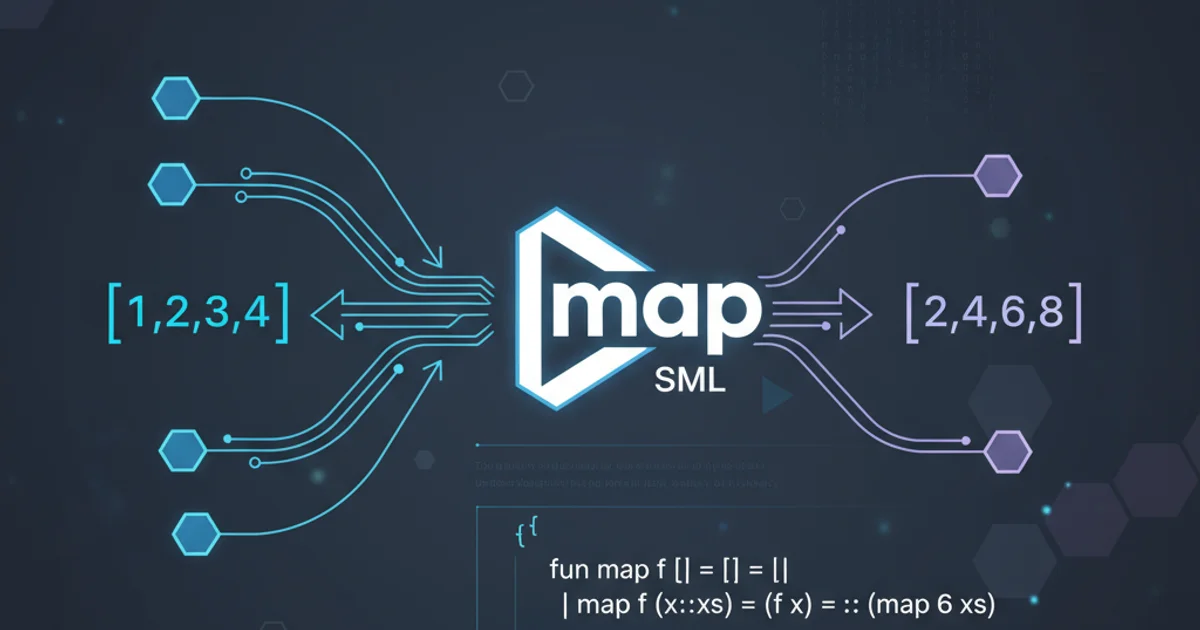How to center a button within a div?
Categories:
Centering a Button Within a Div: A Comprehensive Guide

Learn various robust CSS techniques to perfectly center a button horizontally and vertically inside a div element, ensuring responsiveness and cross-browser compatibility.
Centering elements in CSS has historically been a common challenge for web developers. While modern CSS offers powerful and straightforward solutions, understanding the different approaches is crucial for choosing the most appropriate method for your specific layout needs. This article will guide you through several effective techniques to center a button within a <div> element, covering both horizontal and vertical alignment, and highlighting their advantages and use cases.
Understanding the Centering Challenge
Before diving into solutions, it's important to recognize why centering can be tricky. The default display properties of HTML elements (like block for div and inline-block for button) and the flow of the document can make precise alignment difficult without explicit CSS rules. We'll explore methods that leverage modern CSS layout modules like Flexbox and Grid, as well as older techniques that are still relevant for specific scenarios.
flowchart TD
A[Start: Button in Div]
A --> B{Horizontal Only?}
B -- Yes --> C[Text-Align]
B -- No --> D{Modern CSS (Flexbox/Grid)?}
D -- Yes --> E[Flexbox]
D -- Yes --> F[CSS Grid]
D -- No --> G{Older Browser Support Needed?}
G -- Yes --> H[Absolute Positioning + Transform]
G -- No --> I[Margin Auto (Block Elements)]
C --> J[End: Centered Button]
E --> J
F --> J
H --> J
I --> JDecision flow for choosing a button centering method.
Method 1: Using Flexbox for Ultimate Control
Flexbox is arguably the most versatile and recommended method for centering elements. It provides a powerful one-dimensional layout system that makes aligning items within a container incredibly easy. To center a button both horizontally and vertically using Flexbox, you apply a few properties to the parent div.
<div class="flex-container">
<button>Center Me!</button>
</div>
HTML structure for Flexbox centering.
.flex-container {
display: flex;
justify-content: center; /* Centers horizontally */
align-items: center; /* Centers vertically */
height: 200px; /* Example height for visibility */
border: 1px solid #ccc;
}
CSS for centering a button with Flexbox.
justify-content handles the main axis (horizontal by default for row direction), and align-items handles the cross-axis (vertical by default).Method 2: Centering with CSS Grid
CSS Grid Layout is a two-dimensional system that offers even more control over layout than Flexbox. While it might be overkill for just centering a single item, it's incredibly powerful for more complex layouts and can center items with minimal code.
<div class="grid-container">
<button>Grid Center</button>
</div>
HTML structure for CSS Grid centering.
.grid-container {
display: grid;
place-items: center; /* Centers both horizontally and vertically */
height: 200px;
border: 1px solid #ccc;
}
/* Alternatively, for more granular control: */
/*
.grid-container {
display: grid;
justify-items: center; /* Centers horizontally */
align-items: center; /* Centers vertically */
height: 200px;
border: 1px solid #ccc;
}
*/
CSS for centering a button with CSS Grid. The place-items shorthand is very convenient.
place-items: center; property is a shorthand for align-items: center; and justify-items: center;. It's a concise way to center content within grid cells.Method 3: Horizontal Centering for Block-Level Elements (Margin Auto)
If your button is a block-level element (or you make it one) and you only need to center it horizontally, the margin: auto trick is a classic and effective solution. This works by telling the browser to distribute available horizontal space equally on both sides of the element.
<div class="margin-auto-container">
<button class="block-button">Horizontal Center</button>
</div>
HTML structure for margin auto centering.
.margin-auto-container {
text-align: center; /* For inline/inline-block children */
height: 100px;
border: 1px solid #ccc;
}
.block-button {
display: block; /* Make the button a block-level element */
margin: 0 auto; /* Centers horizontally */
width: fit-content; /* Or a fixed width */
padding: 10px 20px;
}
CSS for horizontally centering a block-level button using margin: auto.
margin: 0 auto; technique only works for block-level elements that have a defined width (or width: fit-content). If the element takes up 100% width, there's no space to distribute.Method 4: Horizontal Centering for Inline/Inline-Block Elements (Text-Align)
For buttons that retain their default inline-block display property, or any other inline-level content, the simplest way to center them horizontally is by applying text-align: center; to their parent container. This property affects all inline-level content within the block.
<div class="text-align-container">
<button>Text-Align Center</button>
</div>
HTML structure for text-align centering.
.text-align-container {
text-align: center; /* Centers inline/inline-block children horizontally */
height: 100px;
border: 1px solid #ccc;
padding-top: 30px; /* Example for vertical spacing */
}
CSS for horizontally centering an inline-block button using text-align: center; on the parent.
text-align: center; is ideal for centering text, images, and other inline or inline-block elements within a block container. It's a very common and effective method for horizontal alignment.